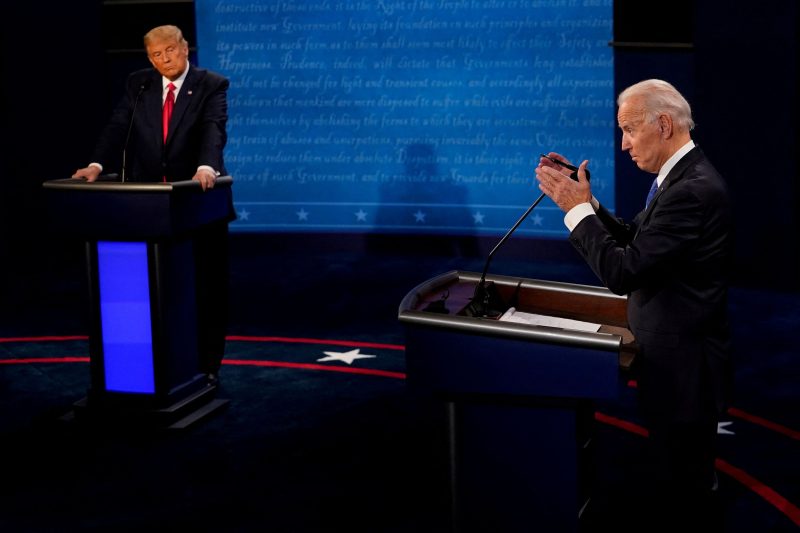In modern politics, debates play a critical role in shaping voter sentiment and influencing the trajectory of elections. While debates have been a staple of political campaigns for decades, their impact and effectiveness continue to be the subject of much debate themselves.
The concept of a debate is rooted in the democratic idea of open dialogue and the exchange of contrasting ideas. By putting candidates on a platform where they can articulate their policies, values, and visions for the future, debates serve as a way for voters to get a direct sense of the candidates and their capabilities. However, the question remains whether this exercise truly changes minds or merely reinforces pre-existing preferences.
On one hand, debates have the potential to sway voter sentiment. When candidates are faced with tough questions or put under pressure to defend their positions, it can reveal their character, knowledge, and ability to think on their feet. A strong performance in a debate can boost a candidate’s credibility and appeal to undecided voters, potentially changing the course of an election.
Conversely, some argue that debates often fail to produce significant shifts in voter sentiment. In an era of political polarization and echo chambers, many voters may simply tune in to reaffirm their existing views rather than engage with the substance of the debate. Additionally, debates can be marred by soundbites, personal attacks, or scripted responses, which may undermine their credibility and impact on the electorate.
Moreover, the rise of social media and online news platforms has transformed the way people engage with political content. Voters are now exposed to a myriad of information sources, making it challenging for debates to stand out and leave a lasting impression. The fragmentation of media consumption habits also means that not all voters are tuning in to the same debates, further complicating their potential impact.
Despite these challenges, debates remain a valuable tool for candidates to communicate their messages and engage with voters directly. While they may not always lead to a decisive shift in voter sentiment, debates provide an opportunity for candidates to differentiate themselves, address key issues, and showcase their leadership qualities.
In conclusion, the effectiveness of debates in changing the trajectory of voter sentiment is a complex and nuanced issue. While debates have the potential to influence undecided voters and shape the narrative of an election, their impact is contingent on a variety of factors, including the candidates’ performances, the format of the debate, and the broader media landscape. Ultimately, debates offer a crucial forum for candidates to engage with voters and demonstrate their ability to lead, but their true impact on voter sentiment remains a subject of ongoing debate.


























